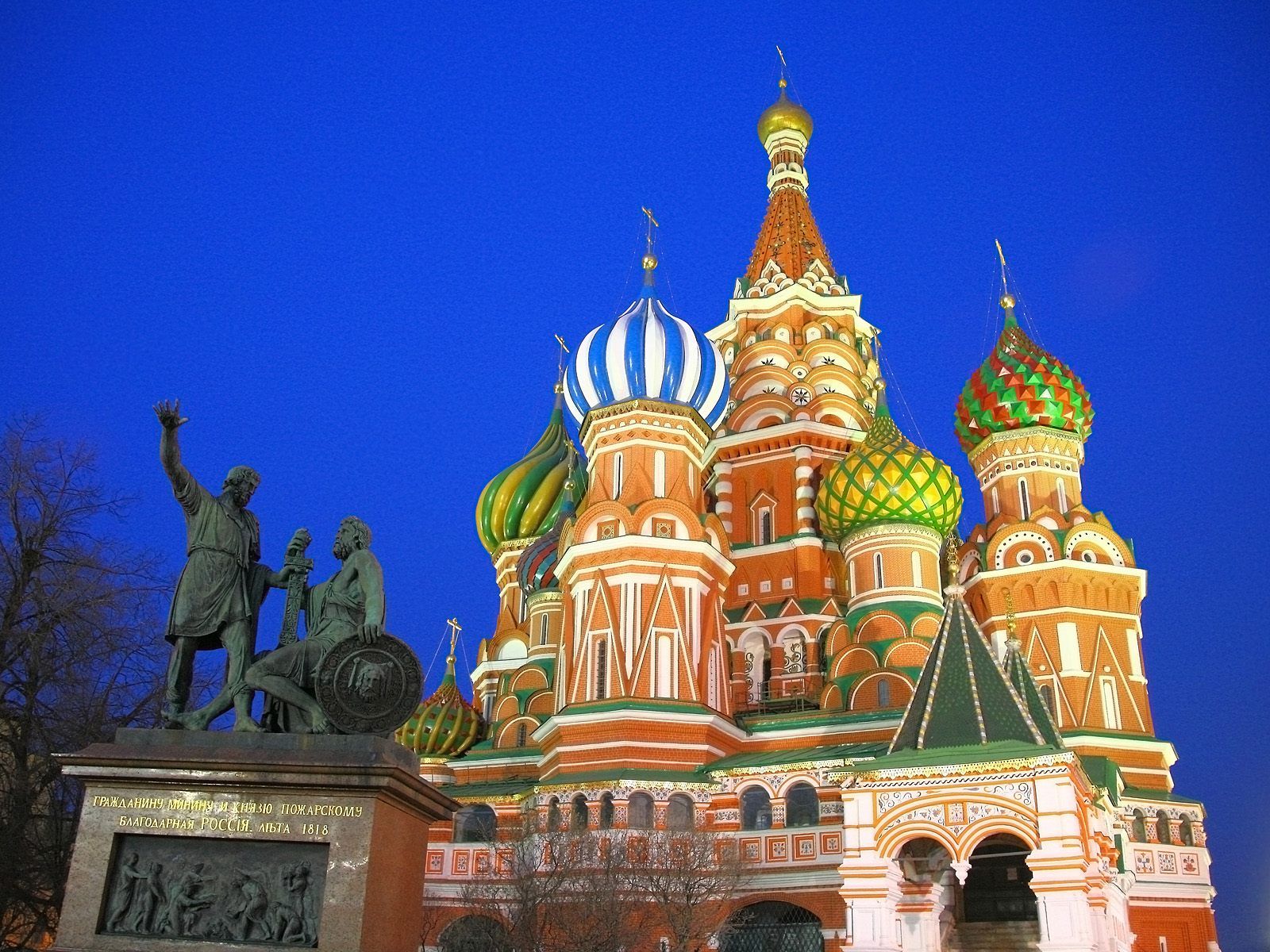Russia’s Ordeal of Internet Piracy: So Far So Good?
By Valeria Ivasikh
Posted: 21st January 2015 09:04
Over the past few years, Russia has come a long way in terms of tackling intellectual property infringement. We have seen the first clash between right holders and social network Vkontakte; an increase in the amount of court-awarded compensations for copyright breaches; and reasonably coherent amendments to its Civil Code - the primary source of law governing intellectual property - have been introduced. There is, however, a particular development that overshadows the rest:a recently adopted “anti-piracy law” is largely seen as a major breakthrough - or as a huge mistake, by some. The law has been passed following an intense scrutiny from the general public and Internet companies alike. It became effective on 1 December 2014, and introduced changes to the existing Federal Law “On information, information technologies and protection of information”, a piece of legislation dating back to 2006.
As from 1 December 2014, the submission of copyright claims to website owners is regulated by the law, and the procedure somewhat resembles the one prescribed by the US Digital Millennium Copyright Act 1998. It is now obligatory for a website to disclose its owner’s name, address and e-mail account and to maintain a web application form for submission of claims from right holders.
However, it is not a copyright claim novelty that is so controversial. The main feature of the new law, in summary, is that unauthorised distribution of copyrighted objects on the Internet can now result in restriction of access to websites containing the infringing content. This interim measure is designed to restore a right holder’s status quo ante before and during months of litigation proceedings. While copyright owners celebrate a victory, a number of practitioners voice concerns over the potential abuse of the law, as discussed in more detail in the final part of this article.
Of course, some safeguards are in place to prevent the excessive amount of claims. Namely, a right holder has to first obtain a court order, and can only then apply to Roskomnadzor, Russia’s media watchdog.
It is Roskomnadzor’s task to locate a hosting provider or communications operator and to request that copyrighted materials in question be blocked. The claim must be brought to the attention of a website owner within one business day, and the latter is expected to disable access to the content on the next business day. Should this not happen, the access to the website would have to be blocked no later than three business days following the receipt of Roskomnadzor’s original request. If a hosting agent does not cooperate, the request is forwarded to service providers. Access to a website repeatedly distributing copyrighted content without permission may be permanently disabled.
Two main points need to be noted in connection with the “anti-piracy law”. First of all, website blocking concept is not new. A similar procedure had already been in place for film content since 1 August 2013. Now the scope of the law is extended to include other copyrighted materials. Secondly, photographic objects are explicitly excluded from the regulation for fear of opening the floodgates for all smartphone users and other ad hoc photographers to take advantage of the law. It is true that photo banks and image hosting services like Flickr have long ago adopted intellectual property protection measures that may be less feasible for other types of content such as literary works. With this in mind, it is still an asymmetrical regulation applied to various intellectual property objects that disadvantages copyright owners of photographic works.
The powerful tool of website blocking has faced fierce opposition from a number of prominent Internet companies including Google, the Russian Association for Electronic Communications (RAEC) and Russia’s search engine Yandex, the latter asserting that “[website blocking] fights not the pirates but the Internet itself” and that “it is the same as if we closed a highway after one road accident.”
Another argument used by the critics of the law is that it inhibits Internet development in Russia, and is bound to become an instrument of unfair competition. RAEC has been quoted as saying that in the countries where similar measures are in place, “almost half of all claims are filed by the rivals of legal content aggregators.”
It remains to be seen if an anxiety among those opposing to the law is substantiated.
According to Roskomnadzor’s annual report, 12 websites blocked in the year following 1 August 2013 were mostly torrent trackers, which is arguably a positive sign. At the same time RuTracker.ru and Rutor.org, Russia’s biggest torrent hosts, remain accessible after allegedly infringing content (that is, a limited list of films that made it to the claims) was removed. Needless to say, thousands of items of copyrighted material remain available. In that sense, the option of disabling access on a permanent basis could provide a solution, however it is crucial to ensure that the remedy is applied in moderation.
Valeria Ivasikh
Senior Associate
CIS LONDON & PARTNERS LLP
T: +44 20 7242 0484
M: +44 7476 930770
valeria.ivasikh@cislondon.com




Comments